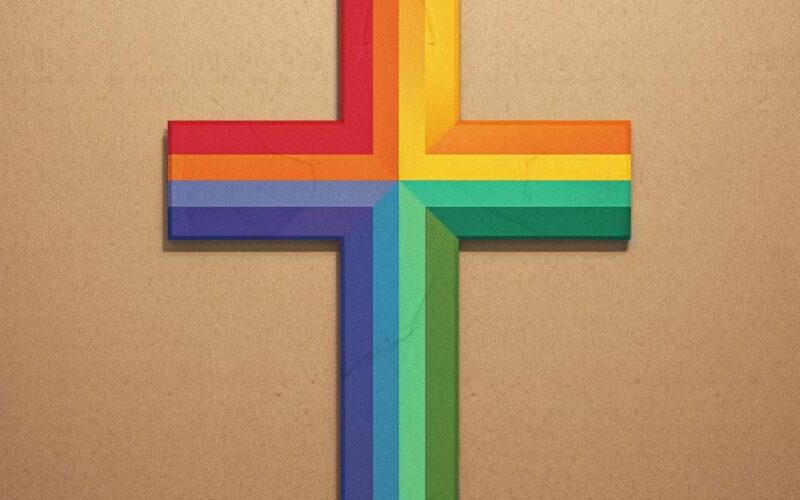Growing Up in a Christian Community
Growing up in a small, tight-knit Christian community in the Midwest, I always knew I was different. The sermons on Sundays, the youth group meetings, the whispered conversations among adults – they all had one thing in common: a firm stance against homosexuality. As a young boy, I sat in those wooden pews, absorbing every word, every nuance, and with each passing Sunday, a part of me shriveled a little more inside.
I knew I was gay from a young age. But in a community where being gay was synonymous with sin, I struggled to find my place. The constant internal battle left me feeling like an outsider in my own skin. I was Philip, the choir boy, the altar server, the good Christian son, yet I harbored a secret that, I feared, if revealed, would shatter everything.
College was my escape – a chance to be who I wanted to be without the looming shadow of my community’s judgment. I moved to a city, a place where diversity wasn’t just tolerated but celebrated. I found friends who accepted me for who I was, and for the first time, I felt a sense of belonging. It was liberating, like taking a deep breath after being underwater for too long.
Yet, even in this newfound freedom, my faith remained a cornerstone of my identity. Christianity had given me a sense of community, a moral compass, and a deep connection with spirituality. But it had also been the source of my deepest pain. Reconciling my faith with my sexual orientation was not a journey of a single moment but a series of events and realizations.
A Question That Changed Everything
I remember a turning point that came during a late-night conversation with a college roommate. He was an openly gay man and an agnostic. That night, as we shared stories, he asked me a question that struck a chord, “Why do you cling to a faith that seems to reject who you are?” The question haunted me, not because I had no answer, but because I realized I had never allowed myself to question the doctrines I had been taught as a child.
I began a journey of self-discovery, diving deep into the teachings of Christ, seeking answers in the Bible, not as I had been taught to read it, but with fresh eyes and an open heart. I found a Jesus who preached love above all else, who dined with outcasts, and who advocated for the marginalized. This was not the judgmental figure I had grown up fearing; this was a figure of unconditional love and acceptance.
One of the most poignant stories from my life that helped me reconcile my faith and my sexuality happened in my early twenties. I volunteered at a Christian youth camp, a role I had hesitated to accept, fearing judgment. But it was there that I met Pastor Sarah, an openly lesbian minister who led the camp. Her existence was a revelation to me. Pastor Sarah wasn’t just accepted; she was revered for her deep faith and her ability to connect with young people. She became a mentor and a friend. Through her, I learned that my sexuality and my faith were not mutually exclusive.
In our long talks, Pastor Sarah shared her story, the backlash she faced, and how she found peace in knowing that God’s love was not conditional. Her journey wasn’t easy, but it was filled with an unwavering belief in God’s love for all his creations. She often said, “Philip, God doesn’t make mistakes. He created you exactly as you are, and He loves you for it.”
Embracing My Whole Self
As I stand here today, a 25-year-old man, I’ve come to realize that my journey isn’t just about accepting myself; it’s about educating others. It’s about showing that the intersection of being LGBTQ+ and Christian is not a crossroad of conflict but a path of harmonious existence. I’ve learned that faith is personal and that it should be a source of love, not hate.
I’ve grown in ways I never imagined. I’ve learned to embrace every part of myself – my sexuality, my faith, my doubts, and my hopes. I’ve realized that the true test of faith is not in blind adherence to doctrine but in living a life of love and acceptance.
To those who find themselves at this intersection, know that you are not alone. Your journey is valid, your faith is valid, and above all, you are loved – by God, by others, and hopefully, by yourself.

